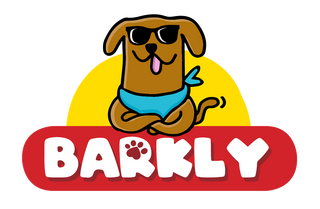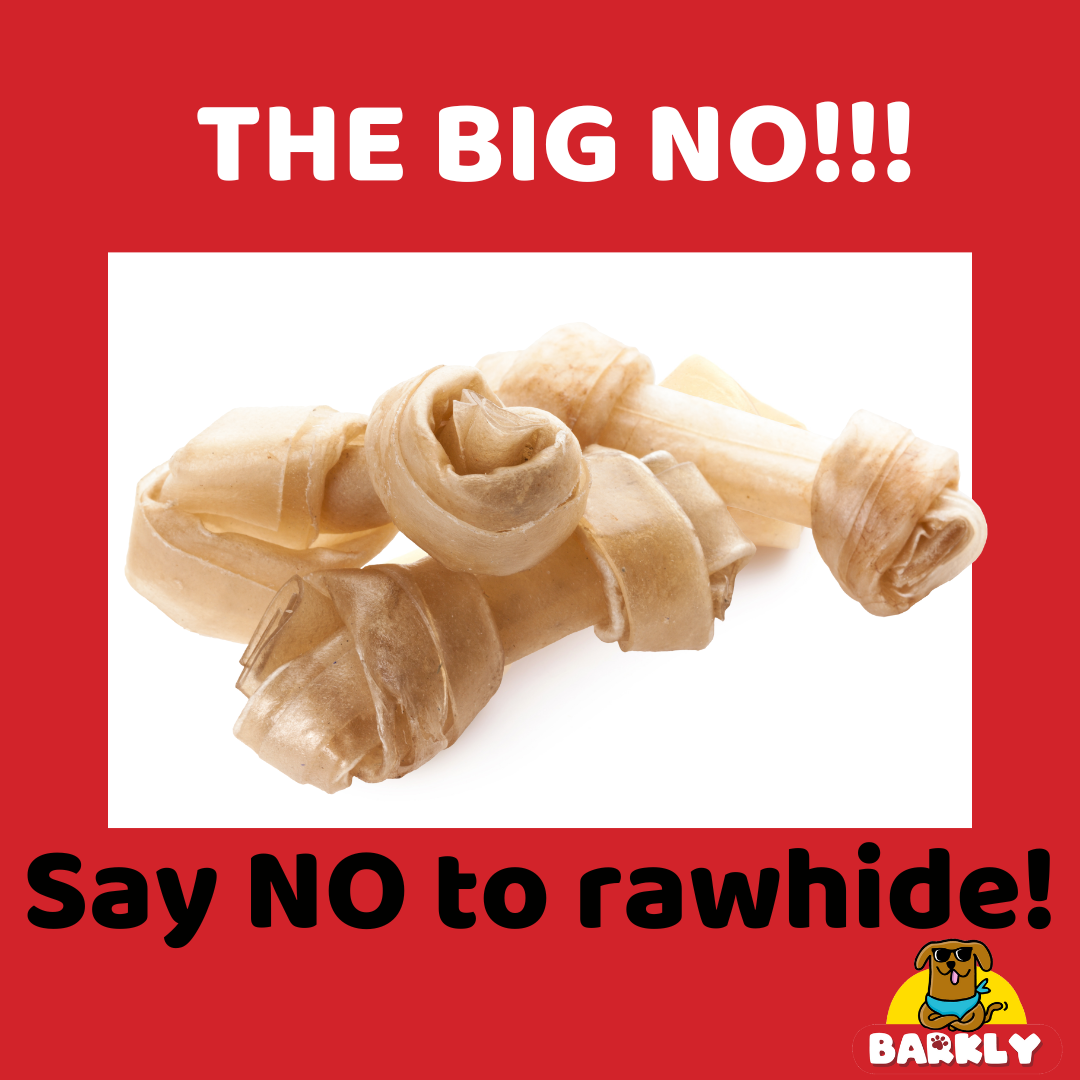When it comes to treating our dogs, we want to give them something that not only makes them happy, but is also good for their health. Unfortunately, one common dog chew, rawhide, often falls short of being a safe and healthy option. While it might seem like a harmless and enjoyable treat, rawhide can pose several risks to your dog's health and well-being. In this blog post, we'll delve into why rawhide is bad for dogs, explore the potential dangers, and offer some healthier alternatives for your furry friend.
What is Rawhide?
Rawhide chews are made from the inner layer of cow or horse hides. The manufacturing process involves cleaning, cutting, and pressing the hides into various shapes and sizes, often treated with chemicals to preserve and whiten them. The resulting product is then sold as a chew toy intended to satisfy your dog's natural urge to chew.
The Dangers of Rawhide
-
Choking Hazards: One of the most significant dangers of rawhide chews is the potential for choking. As dogs chew on rawhide, it can soften and break into smaller pieces. These fragments can become lodged in your dog's throat, leading to choking or even blocking their airways.
-
Digestive Blockages: If your dog swallows large chunks of rawhide, these pieces can cause serious digestive issues. Rawhide doesn't break down easily in the stomach and can lead to blockages in the intestines. This can result in severe pain, vomiting, and may require emergency surgery to resolve.
-
Chemical Contamination: The manufacturing process of rawhide chews often involves the use of chemicals such as hydrogen peroxide, bleach, and preservatives to clean and treat the hides. These chemicals can leave residues that might be harmful to your dog if ingested.
-
Bacterial Contamination: Rawhide chews can also be a breeding ground for harmful bacteria like Salmonella and E. coli. These bacteria can pose a risk not only to your dog, but also to the humans handling the chews.
-
Potential Allergens: Some dogs are allergic to the chemicals used in processing rawhide or to the proteins in the hides themselves. Allergic reactions can range from mild to severe and may include symptoms like itching, swelling, and digestive upset.
-
Unregulated Manufacturing: The production of rawhide chews is not strictly regulated, which means quality control can be inconsistent. There is a risk of purchasing products that do not meet safety standards, further increasing the potential hazards to your pet.
Healthier Alternatives to Rawhide
Fortunately, there are many safer and healthier alternatives to rawhide chews that can still satisfy your dog's need to chew. Here are a few options:
-
Natural Chews: Look for chews made from single ingredients, such as emu femur, kangaroo tails, beef hooves, or dehydrated animal parts like chicken feet or chicken neck. These are generally more digestible and free from harmful chemicals.
-
Vegetable-Based Chews: Options like sweet potato chews or dental chews made from vegetable starch can provide a satisfying chew experience without the risks associated with rawhide.
-
Antlers and Bones: Deer antlers and raw, meaty bones liek kangaroo teeth cleaners, can be excellent natural chew options that promote dental health. Make sure to choose appropriately sized chews for your dog and avoid cooked bones, which can splinter.
Conclusion
While rawhide chews might seem like a convenient and enjoyable treat for your dog, the risks they pose far outweigh any potential benefits. From choking hazards to chemical contamination, rawhide can be dangerous for your furry friend. By opting for safer alternatives, you can ensure your dog remains healthy and happy while satisfying their natural urge to chew. Always supervise your dog with any chew toy and consult your veterinarian if you have any concerns about your dog's chewing habits or the safety of a particular product. Remember, your dog's health and safety are always the top priority.

